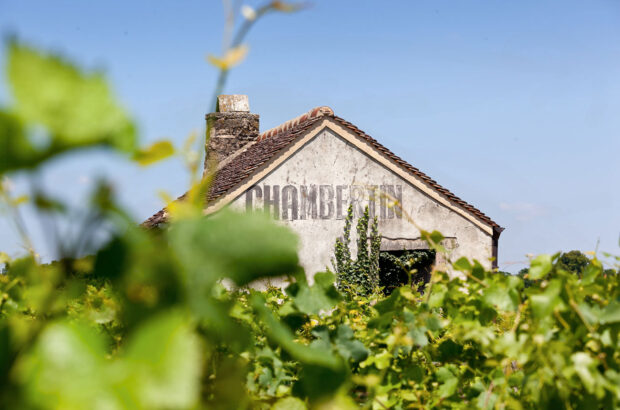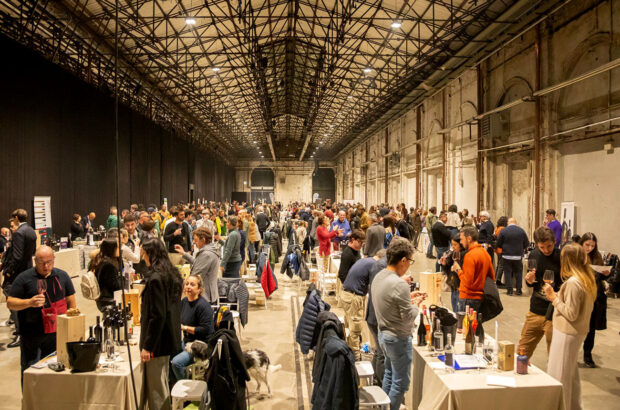Champagne's ruling council has said houses and growers can harvest at a yield of up to 10,500kg per hectare in 2014, following a slight upturn in consumer demand.
The Comite Champagne said this week that it has brokered a deal between growers and the region’s top houses to increase maximum yields for the 2014 harvest to 10,500kg per hectare. Up to 400kg can be from a producers’ reserves from previous vintages.
If global Champagne sales top 307m bottles by the end of the year, producers can use 500kg from their reserve.
This year’s limit is around the same as 2013. The Comite Champagne said the decision followed a 1% increase in global Champagne shipments in the first half of 2014, versus the same period of last year.
‘The situation in France does however remain fragile,’ it warned.
Setting maximum yields in Champagne has been known to cause heated debate, with growers and houses often arriving at the table from different financial and commercial perspectives.
This year’s maximum yield has been set several weeks earlier than in 2013, which also reflects that many growers in Champagne expect an earlier harvest.
‘All the signs indicate that the crop should be ready to pick at the start of September,’ the CIVC said.
Alongside the 10,500kg limit, producers can put up to an extra 3,100kg per hectare into their own reserve stocks.
This article was modified at 18:44 on 18/07/2014 after originally suggesting that the Comite Champagne had increased its maximum yield figure for 2014 versus 2013.
Written by Chris Mercer







